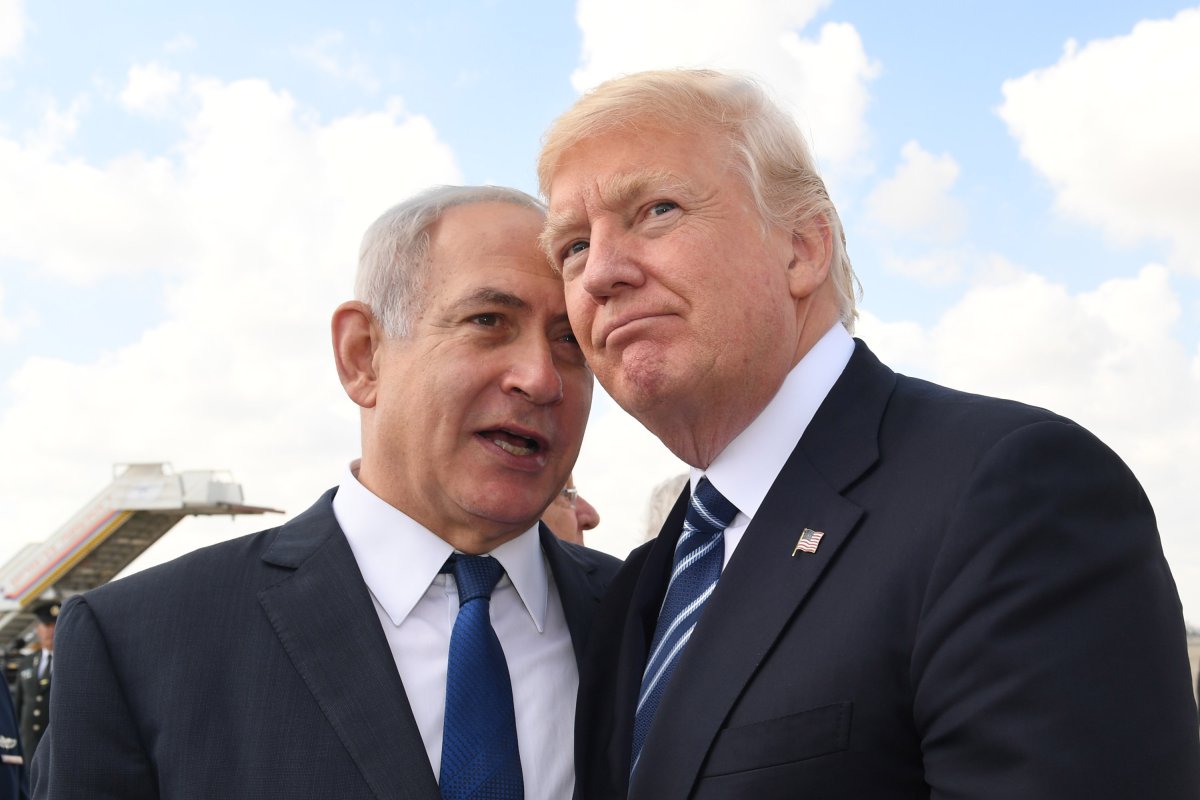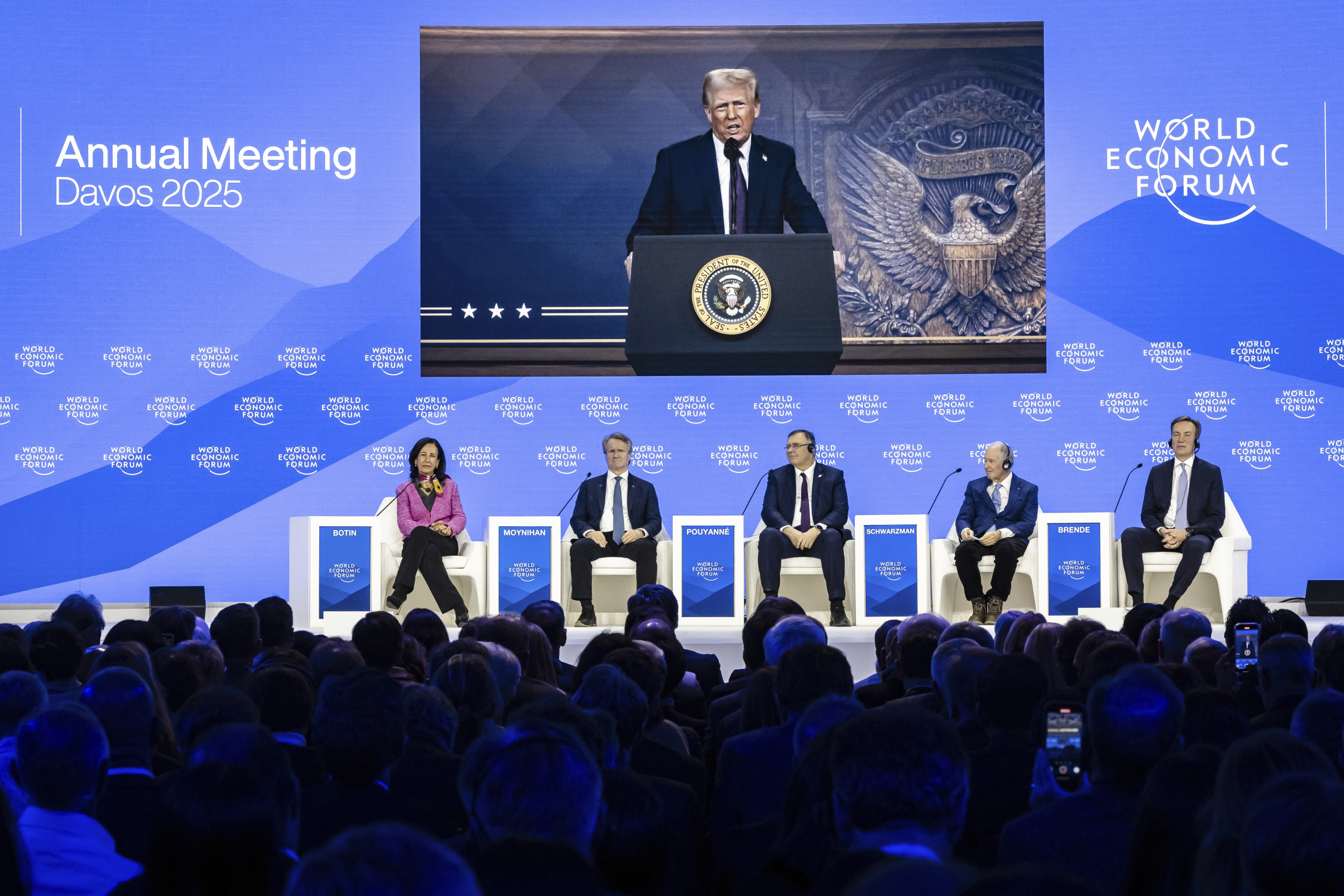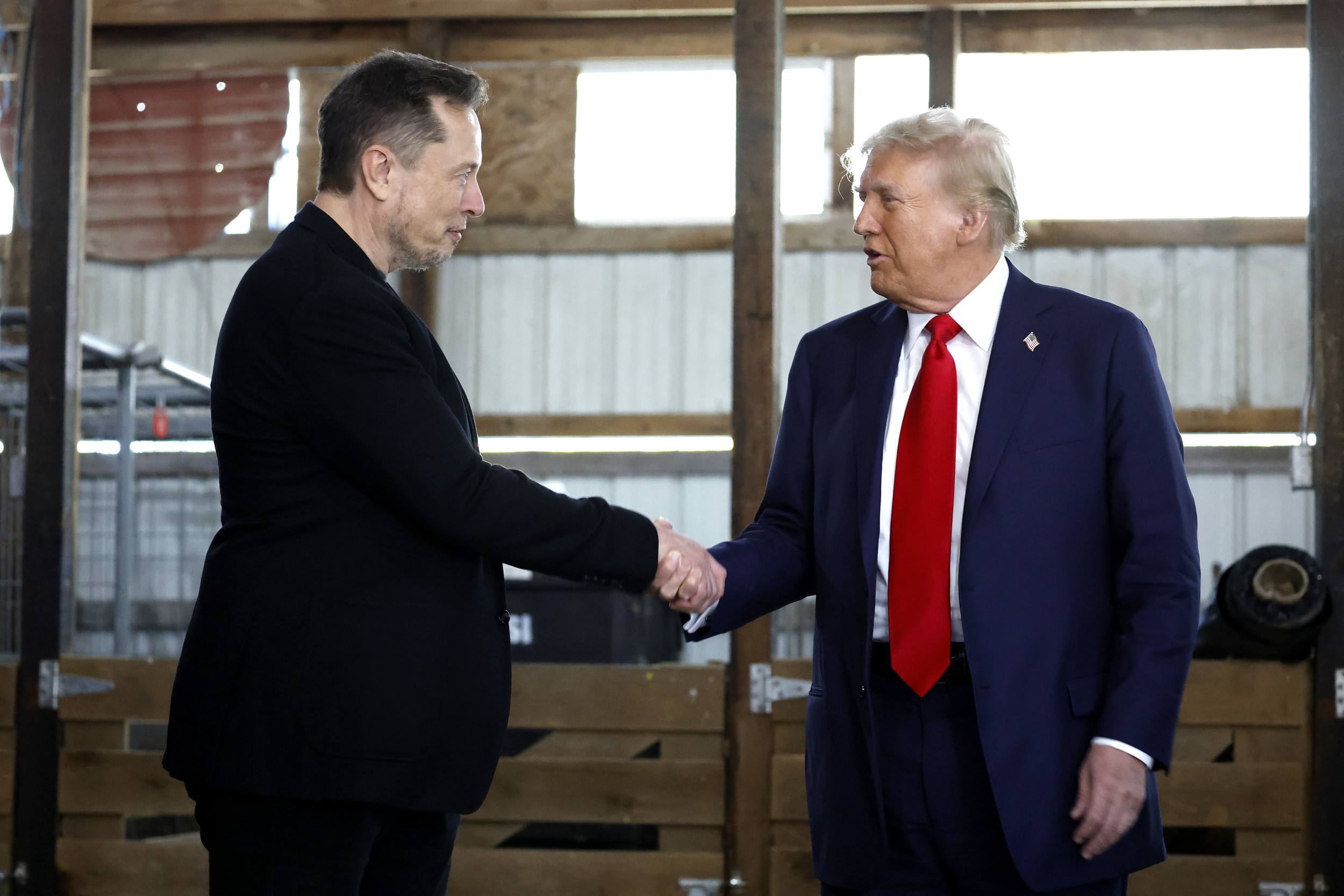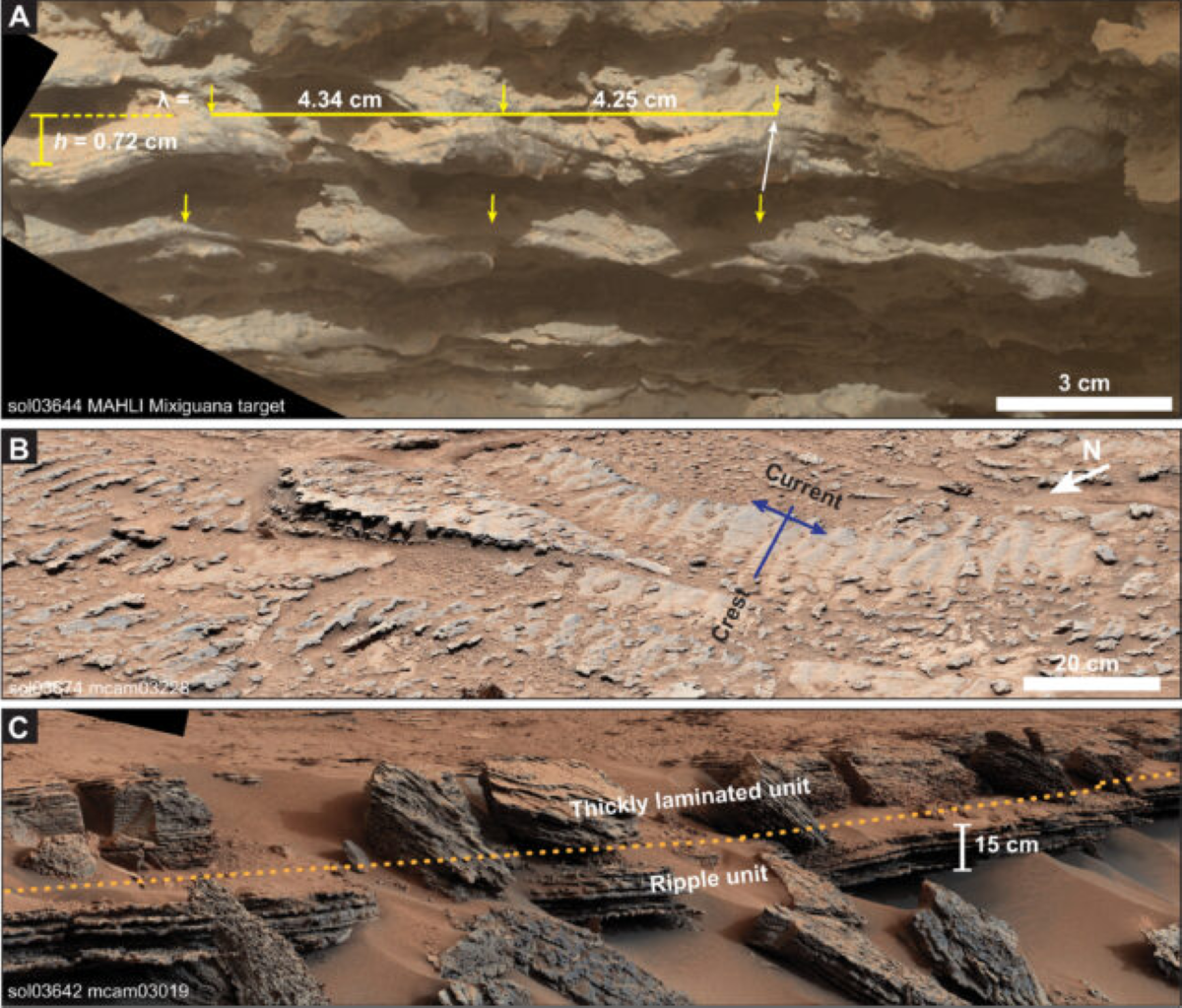President Donald Trump has ambitious plans for his foreign policy. Whether it's settling Europe's deadliest war in nearly 80 years, ending the 15 month-long conflict in Gaza, or reorienting how the United States does business in Europe, the 45th and now 47th president will use the next four years to usher in a transformation that, if all goes well, will result in a stronger, more resilient America.
Expanding the 2020 Abraham Accords, the most noteworthy diplomatic accomplishment during Trump's first term, is also at the top of his list. The series of agreements, which even former Biden administration officials gave Trump credit for, normalized relations between Israel and several Arab-majority states through investment opportunities, the re-opening of embassies, and cooperation in the fields of science, education, and the environment. After Trump strong-armed Israeli Prime Minister Benjamin Netanyahu and Hamas into a temporary ceasefire last week, Trump stated that he would "build upon the momentum" to make the Abraham Accords a bigger and better product. What Trump really means is striking a normalization agreement between Israel and Saudi Arabia, which National Security Adviser Mike Waltz says is a "huge priority" for the administration.

Is Israeli-Saudi normalization within the realm of possibility? Yes, anything is possible. But while one wants to be optimistic during the start of a new U.S. administration, the fact is that this diplomatic coup is unlikely unless two things change—the war in Gaza ends permanently and Prime Minister Netanyahu suddenly concludes that establishing an independent Palestinian state is in Israel's own interests.
The first hurdle to clear, resolving the war in Gaza, is hardly a sure thing. Despite all the heart-warming images of Israeli hostages returning to their families after more than 15 months in captivity, the deal struck last week was only a partial one. In return for the release of 33 hostages held by Hamas, Israel will release hundreds of Palestinian security prisoners and begin a phased Israeli troop withdrawal from Gaza's major cities and corridors. Palestinian civilians who were displaced from the northern part of the enclave are able to return home, the fighting ceases for six weeks, and a trove of humanitarian aid will enter the strip. So far, so good.
Yet what the deal doesn't do is halt the war permanently. One of the reasons Israel and Hamas were able to come to terms last week was because the elephant in the room—ending the war—was kicked to future negotiations. Based on their public statements, Netanyahu or Hamas haven't modified their previous positions on this matter, which are irreconcilable. Hamas wants and expects a permanent end to the conflict and won't release the rest of the hostages until they get it. Netanyahu, however, is still hoping to resume the war after the first phase is over to degrade the group's military capabilities to an even greater extent. The political pressure on Netanyahu to proceed with the war is immense; Finance Minister Bezalel Smotrich has said he would formally withdraw from Netanyahu's government if the fighting didn't resume after Phase 1.
If Netanyahu chooses political expediency, then Trump can kiss his Abraham Accords dreams goodbye. As Steve Witkoff, Trump's Middle East envoy, implied to Haaretz on Jan. 22, Israeli-Saudi normalization is dead in the water as long as the war in Gaza continues. And he's absolutely right—there's no chance Saudi Crown Prince Mohammed bin Salman would entertain formal relations with Israel when Israeli bombs are killing Palestinians on the ground.
But let's assume for a moment that Netanyahu does the improbable and ends the war for good. Surely that would open the door to an Israeli-Saudi normalization deal that Trump could brag about?
No, not exactly.
Ending the violence in Gaza is a prerequisite but not the only one. The other, instituting a clear path toward a Palestinian state, would be even more difficult for Netanyahu to consider. In fact, this would be a sea-change to what Netanyahu has campaigned for during his four decade-long political career—preventing a Palestinian state from emerging. And unlike in the past, Netanyahu's positions are buttressed by Israeli public opinion. Gallup in October found that 64 percent of those surveyed in Israel don't support the two-state solution. Among Jewish Israelis, only 17 percent support establishing a Palestinian state. The pro-peace camp in Israel, which was already marginalized before Hamas' October 7, 2023, attack is now on the fringes.
Why does this matter? Because the Saudis won't normalize ties with Israel until a Palestinian state is a reality. "The Kingdom has communicated its firm position to the US administration that there will be no diplomatic relations with Israel unless an independent Palestinian state is recognised on the 1967 borders with east Jerusalem as its capital," the Saudi foreign ministry said last month.
When asked whether the Gaza ceasefire will hold, Trump declared that he wasn't confident. He might as well be talking about his pet diplomatic project in the Middle East.
Daniel R. DePetris is a fellow at Defense Priorities and a syndicated foreign affairs columnist at the Chicago Tribune.
The views expressed in this article are the writer's own.




















 English (US) ·
English (US) ·